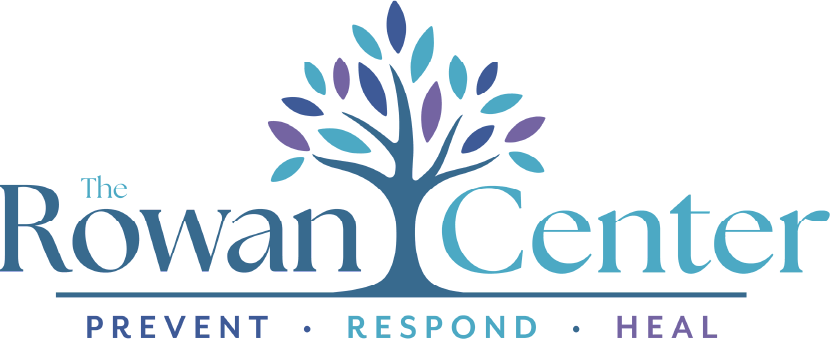The latest CDC Youth Risk Behavior survey notes alarming rates of sadness in teenagers, especially in girls and lesbian, gay, and bisexual (LGB) teenagers.
The Wall Street Journal reports that three in five teenage girls felt persistent sadness in 2021 (double the rate of boys), and one in three seriously considered attempting suicide. In addition, 68% of LGB teenagers reported feeling sadness every day for at least two weeks. Rates of sadness are the highest they’ve been in a decade.
These trends are extremely concerning. Youth mental health is complex and affected by many factors—all of which have been compounded by the isolation of the COVID-19 pandemic.
The Adverse Behaviors and Experiences Survey (ABES) 2021 reported that youth are experiencing stressors such as emotional and physical abuse, housing insecurity, fear of parental job loss, and hunger. Researchers documented a higher prevalence of certain Adverse Childhood Experiences (ACEs) during the pandemic—experiences that are associated with poor mental health, suicidal behaviors, and negative health consequences into adulthood.
This data underscores the critical need for mental health support for teenagers. We must continue to create safe environments where they can openly discuss their experiences and mental health with both peers and trusted adults.
Compounding this mental health crisis are alarming increases in sexual violence. In 2021, 18% of teen girls reported experiencing sexual violence—a 20% increase since 2017. In addition, 14% of girls (up from 12% in 2011) said they had been forced to have sex at some point in their lives. And 20% of LGB teenagers reported the same.
Therefore, it’s imperative that organizations like The Rowan Center continue to provide education around consent, bystander awareness, and sexual violence to students; community-wide and individual advocacy; and counseling for victims and survivors. In our classes and workshops, we create spaces where students can have open dialogue and ask questions without judgment. And, we ensure that students know that unwanted sexual experiences are never the victim’s fault.
When communities, parents, teachers, leaders, and students come together to support the next generation, we can help create a brighter future for the teenagers in our lives. And given the recent data, it is imperative that we do just that. Next
